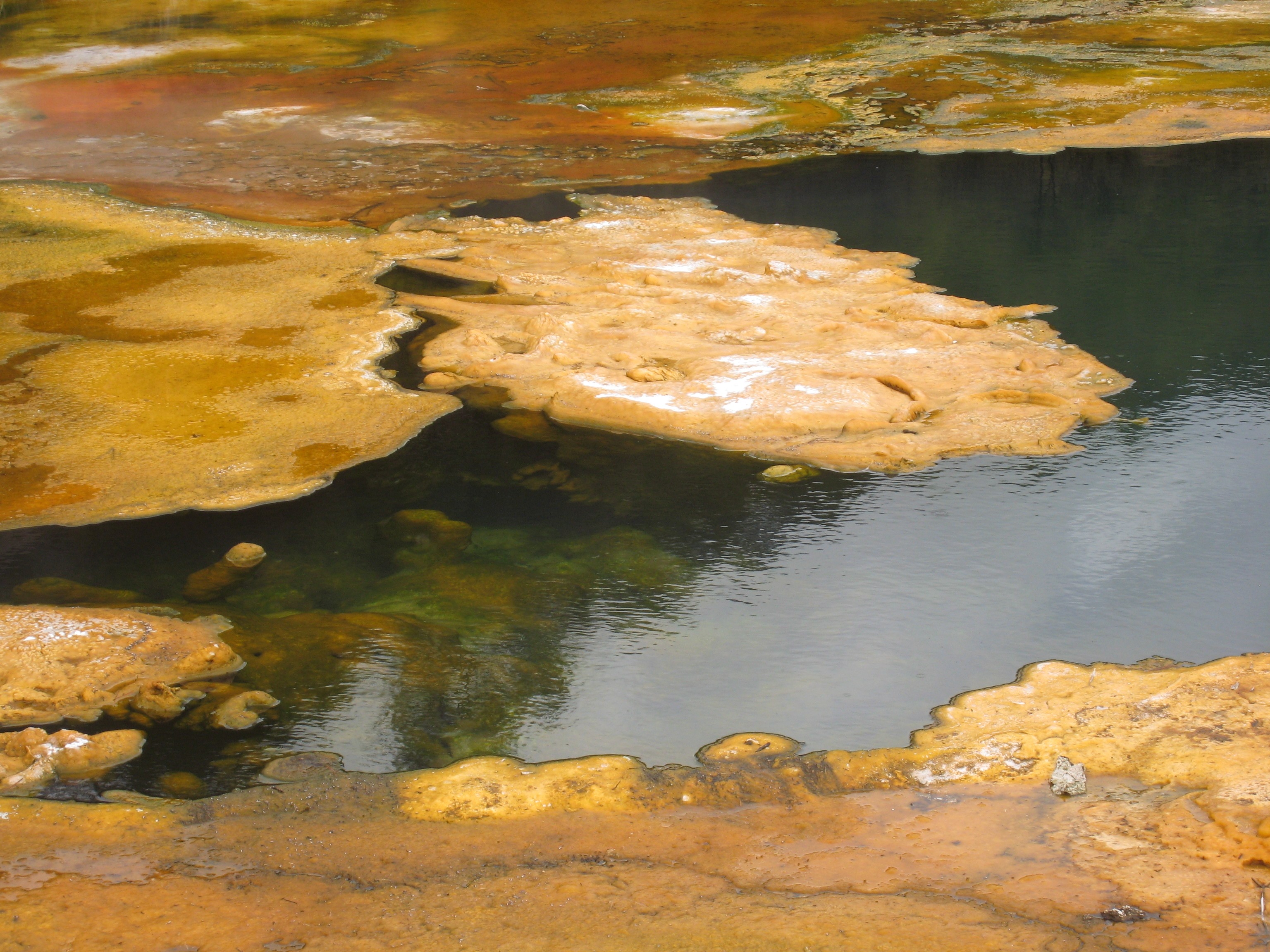I was reading a post at the Sierra Clubs Great Lakes Program blog and found the reference to this article about Wisconsin potentially allowing increased phosphorous releases into state waters pretty interesting. I'll briefly explain the political issues (as far as I can understand them) before getting into the science but you should definitely read the article for yourself.
For those following the Wisconsin budget situation, it is common knowledge that Wisconsin Gov. Scott Walker is heavily backed by the Koch brothers, the libertarian billionaires known for their philanthropy and support of the tea party "movement". The brothers own most of Koch industries which encompasses Georgia Pacific lumber which has paper mills in Wisconsin. Phosphorus is one of the by products produced by these plants, the phosphorus is usually disposed of by discharging into nearby waterbodies. Essentially, Scott Walker and his colleagues have been working to delay legislation that would limit phosphorus emissions, presumably with the goal of getting rid of this legislation all together. Many questions have arisen about Walkers motives because the Koch brothers back Walker and have a lot to gain if Walker is successful in delaying this legislation (read the article for more detail).
So why should we care if more phosphorus is added to the environment?
Primary production is the conversion of the suns energy to organic material, usually by photosynthesis. In addition to sunlight, phosphorus and nitrogen are needed for primary production. In freshwater environments phosphorus is a limiting element. This means that regardless of the amount of nitrogen in the environment if there is not enough phosphorous primary production will be limited. In aquatic systems primary productivity can be viewed as algal and aquatic plant growth. The more phosphorous in the system the more plant growth we should see. Many freshwater systems have extra phosphorous added to them from outside sources (like paper plants), which increases primary productivity, this is known as eutrophication.
That's good right? We want more primary productivity don't we? Zooplankton eat algae and fish eat zooplakton. If there is more algae we get more zooplankton and more fish...Right? This is somewhat true (see Onondaga Lake and Lake Erie), eutrophic lakes (whether it's natural or artificial eutrophication) seem to support a lot life.
But there are plenty of negatives.
Increased primary production can lead to visible algal and vegetation mats in the water that can emit odors and are just plain unsightly and can be a nuisance to boaters, swimmers, fishermen and other recreational users.
From a fisheries perspective eutrophication can lead to fish kills. At night algal respiration can use up dissolved oxygen in the water, which decreases the amount that can be used by fish, and other organisms. Also, oxygen is used by microbes that break down dead algae and plants on the bottom of rivers and lakes, this can cause reduced oxygen in locations.
It's pretty clear that eutrophication can have some devastating effects on the environment, and that eutrophication can be caused by increased phosphorus input. While many restrictions have been put on what can be dumped into waterways, it seems like we are constantly on the brink of these regulations being relaxed because it's "good for business". In the current political climate I am sure industry will lobby hard for relaxed environmental regulations in the name of progress, and if they don't get there way I would be willing to guess that layoffs will follow (gotta keep those profits up). It comes down to one simple question; Should private industries be able to pollute/destroy public resources so they can maintain higher profits?
I hope the answer is a resounding no.


No comments:
Post a Comment